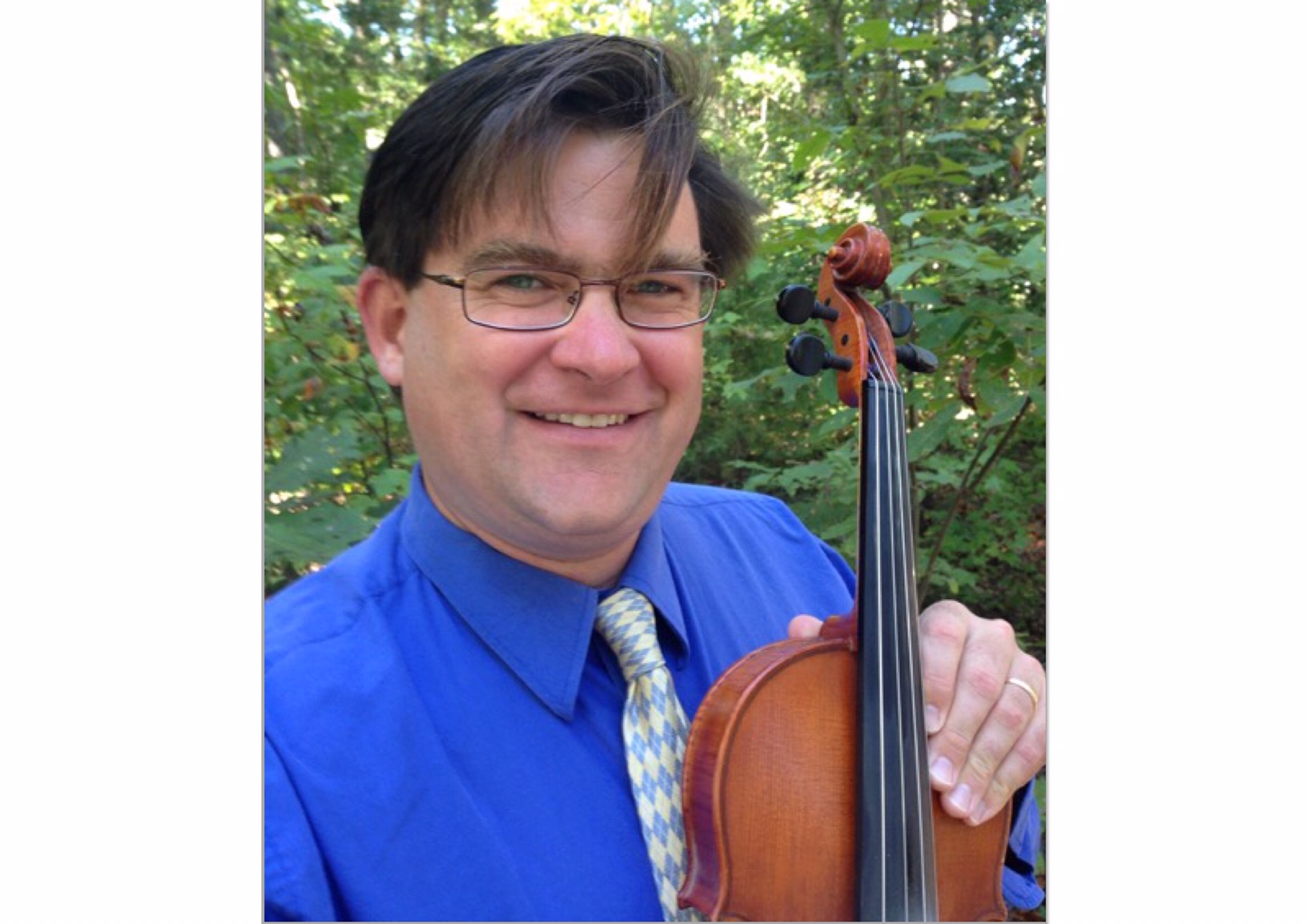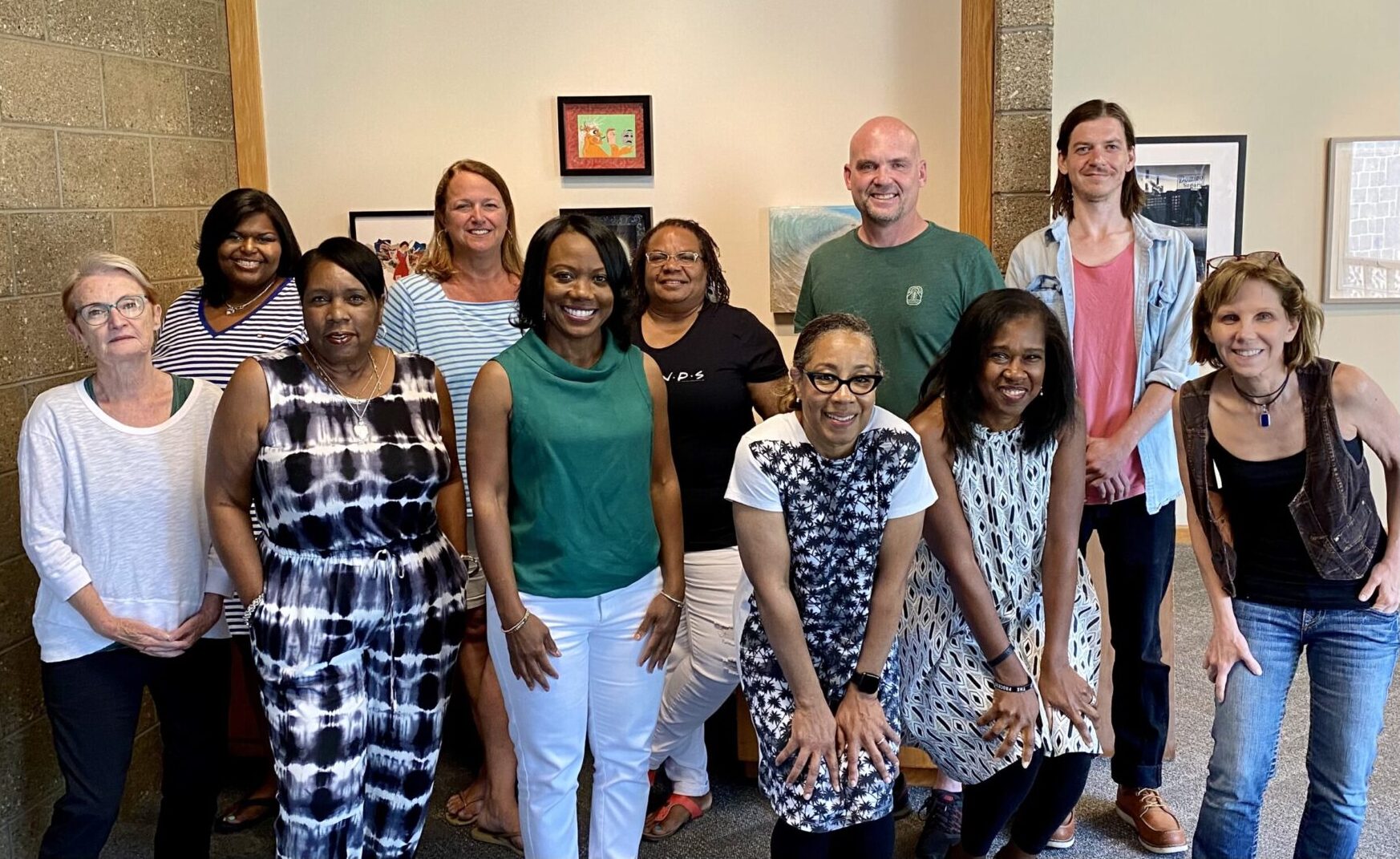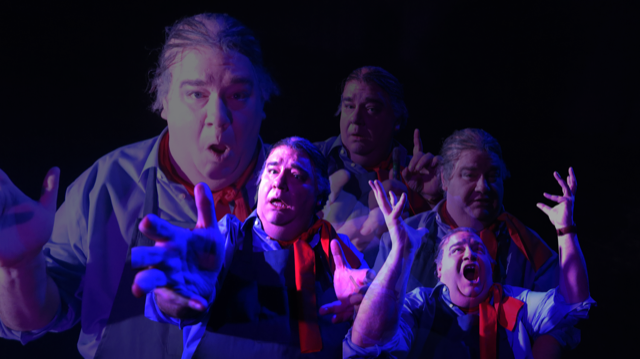 Finding and creating your own happiness is a journey many people start early in life. And that’s what middle school teacher Mike Ferry is hoping his students will do after learning about and practicing the actions that can contribute to happiness.
Finding and creating your own happiness is a journey many people start early in life. And that’s what middle school teacher Mike Ferry is hoping his students will do after learning about and practicing the actions that can contribute to happiness.
Ferry found out about the science of happiness seven years ago when he attended an education conference in San Francisco, Calif. “It was a powerful experience as a teacher and a dad,” says Ferry who teaches sixth grade at Collegiate School. “It changed my approach. I now teach the aspects of thinking about and forming habits for success and happiness in life.”
There are specific behaviors and ways of thinking that can alter your brain chemistry and change your mood. The key to less stress is more gratitude. “The simplest happiness habit I try to encourage is gratitude,” Ferry says.
While practicing gratitude — something as simple as being grateful for the food you eat — is a boost to your emotional wellbeing it can also help improve heart health and your immune system as well as provide other health benefits.
“On the cognitive side when you experience gratitude you get more dopamine (a neurotransmitter in the brain that helps regulate various things such as learning and emotional responses). You literally change your brain chemistry,” Ferry says. “The more dopamine you have the easier it is to be creative.”
Human happiness is a U-shaped curve, he adds. “Once we get into adolescence everything changes. We no longer have a free flow of dopamine. That continues through our twenties and thirties. A lower level of happiness occurs around the age of 46 then it rebounds in our later years. We tend to be as happy as preadolescence.”
Practicing kindness and engaging in creativity are two additional factors that can lead to happiness. “So many of us get caught in the cycle of complaining and being cynical. If you reverse that way of thinking, you can spend more time focusing on good things happening. That’s especially important for kids who are going through so much upheaval in their life when going through preadolescence and adolescence.”
Incorporating the lessons of happiness into the classroom is a “no brainer,” he adds. “As a parent the holy grail is happiness in your kid. As a teacher you help set that foundation.”
Ferry regularly has his students write down something they are grateful for in the first pages of their notebook. “I incorporate gratitude into extra credit questions,” he says. “The more you repeat the behavior the more it will stick.”
From time to time he will use music in the classroom – music is another happiness habit. A musician, Ferry started playing the violin when he was 4 and then moved on to the piano, mandolin and guitar. As a way to practice the habit of kindess he created a fiddle series to benefit FeedMore. “I use music for a cause,” he says. “I put the music videos on YouTube and tell people if you like this, go to FeedMore and make a donation. Listening and performing in and doing these videos makes me happier.”







